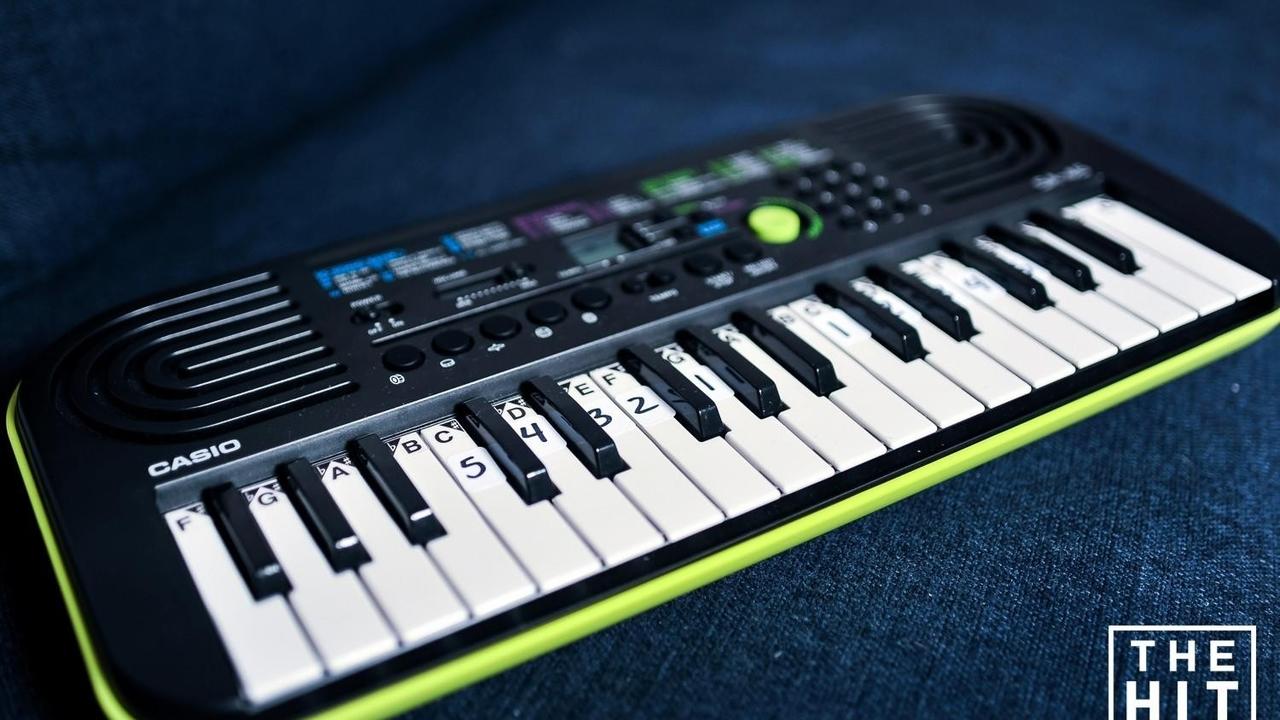What is the best piano for a beginner?

61 keys? 88 weighted action? Touch-sensitive?
Being in the market for a piano for a beginner can extremely confusing and intimidating. We get it! You don't want to overspend on your first purchase, but at the same time, you don't want to get an instrument that will break or need to be replaced in just a couple of months. No need to worry, though! We are here to help.
In this article, we share our best tips for finding a great piano that suits your needs and your budget.
Do you need 88 keys on a piano?
If your child is younger than 12, they do not need a full-size 88-key piano.
Acoustic pianos (those that do not have a power button) and keyboards with 88 keys tend to be too big, especially for students younger than 7. Sometimes acoustic pianos or digital pianos can make young students develop bad technique habits as they need to use their arm strength to produce a loud enough sound (more on how to fix this later).
The "standard" size that we recommend is 61 keys. A standard-sized keyboard easily covers most of the music we teach during the first years of piano lessons at our South Florida music schools.
Is it fun to have 76 or 88 keys? Yes, but having 61 keys did not stop J.S Bach from becoming one of the top three most acclaimed composers in history, and neither should it be in the way of your child learning how to play the piano!
Is touch sensitivity a must?
Yes! Touch-sensitivity means that the piano will sound louder or softer, depending on how the keys are pressed. Inexpensive pianos, usually in the less than $100 range, tend not to have this function.
While having a keyboard capable of reacting to touch is a great feature, we recommend that you learn how to turn this feature off for young students during their first three to six months of lessons. (Most keyboards that have touch sensitivity have the option to turn it on and off, check the owner's manual.) Once a young piano player is more experienced, the touch sensitivity function will allow them to be more expressive in their playing without requiring a new instrument.
What are the best brand pianos to purchase?
There are a lot of options when it comes to brands and models for pianos. We prefer Yamaha as we believe their products always score highly on the quality of their sound, durability, and price. A little known fact is that several companies, including Yamaha, sell different models to different distributors to not interfere with discounts and promotions. Check the price point and features as sometimes two different models from different stores can be almost identical, helping you decide where to purchase the instrument while ensuring that you get the best price.
Do I need a lot of sounds?
While most salespeople will brag about the hundreds or thousands of sounds a keyboard might have, it is unlikely you will use more than a handful of them regularly. Here truly, quality is more important than quantity. We have a full workshop on this topic on our YouTube channel (which you can access by clicking on this link), but in short, check for a model with a good piano, electric piano, organ, and strings sound. Those are the essentials.
Can I save money if I get a keyboard that has 49 keys or less?
Surprisingly, keyboards with fewer than 61 keys tend to be considered specialty instruments. Some of them are geared towards music production situations in which the musician may need to input information like a drumbeat onto a computer. Others can have that amount of keys because they are more on the "toy" side. (We haven't seen someone producing a Grammy-nominated record with an Elsa piano yet, but hey! Maybe your daughter can the first.)
So how much money do I need to spend?
We recommend purchasing a 61 note keyboard that is priced between $150 to $300. If you prefer a piano with 88 keys, our advice would be to look for one with a price between $450 to $600 in price.
In conclusion, you do not need to break the bank to get started with piano lessons. There are affordable options that will meet the needs of your student based on their skill level and age. Regardless of the instrument that you start with, keep in mind you can always upgrade later on as your child becomes more serious about music. If he/she develops an intense passion for what they are learning, having multiple instruments can turn into a plus in both portability and features.
What brands and models are you considering purchasing? Let us know in the comments!
- - - - - - - -
The Hit Music Studio is a South Florida-based music studio that offers group and private lessons in piano, guitar, voice, drums, bass, and ukulele. With two locations (Pembroke Pines and West Davie) for customers in the Broward, Palm Beach, and Miami-Dade County area as well as virtual lessons taught on Zoom, there are so many opportunities for you to fulfill that dream of learning how to play an instrument!
